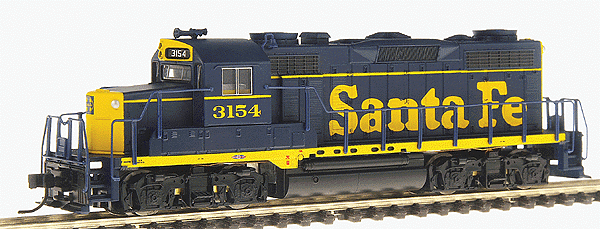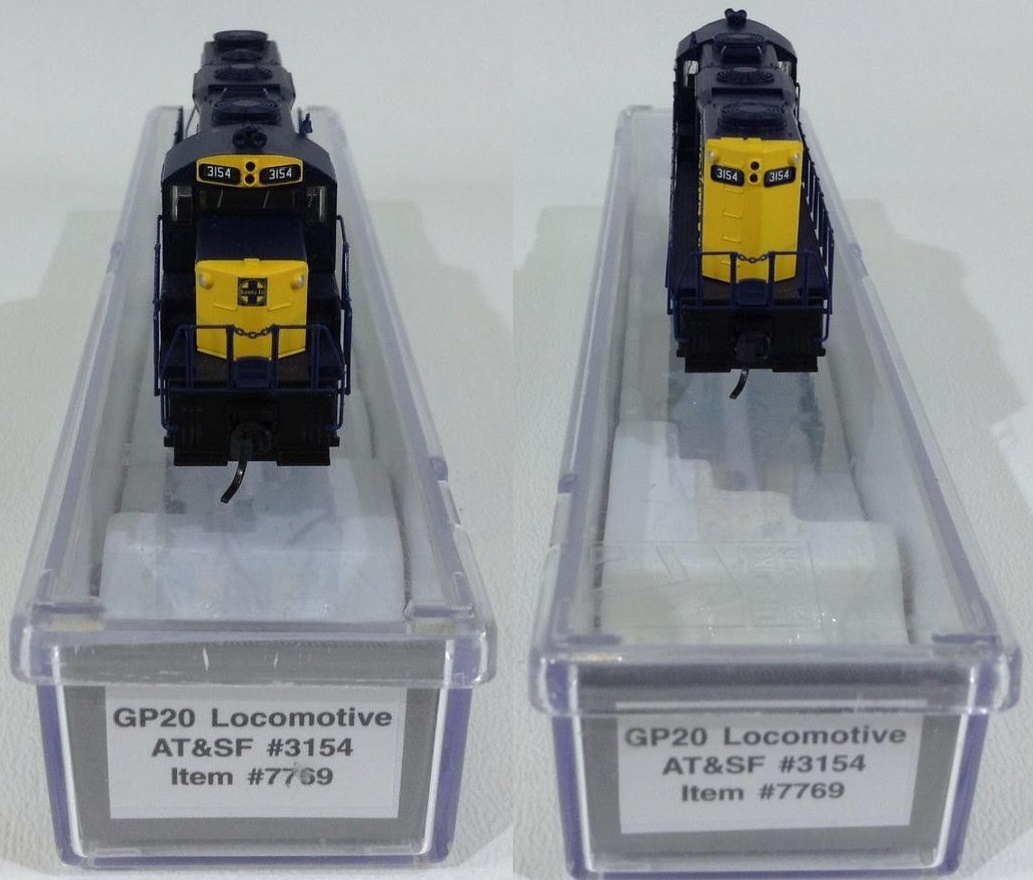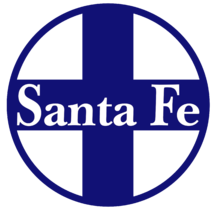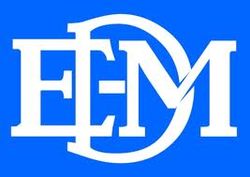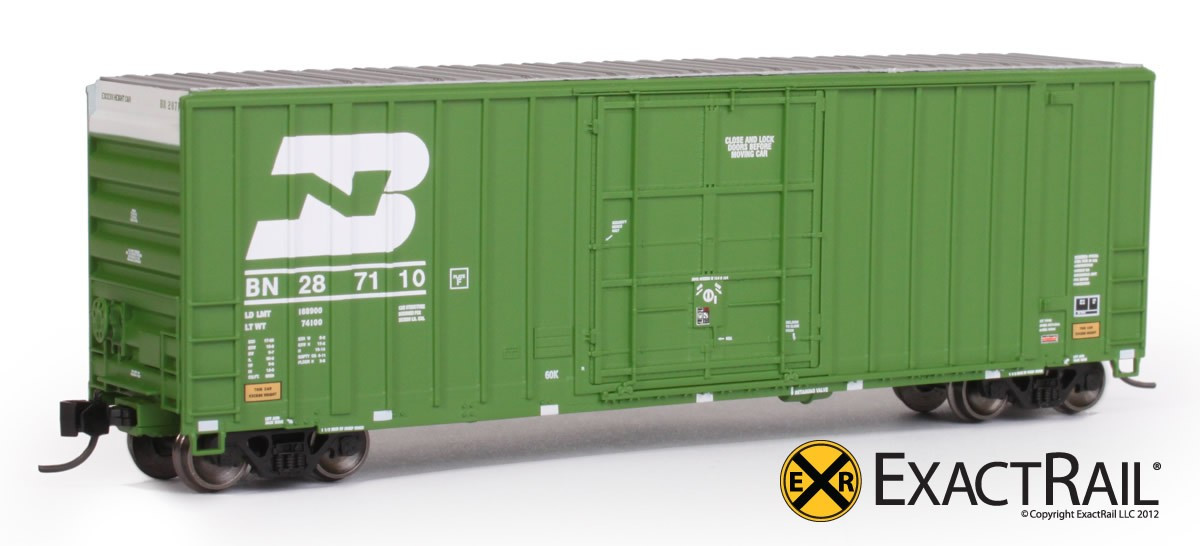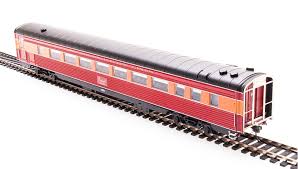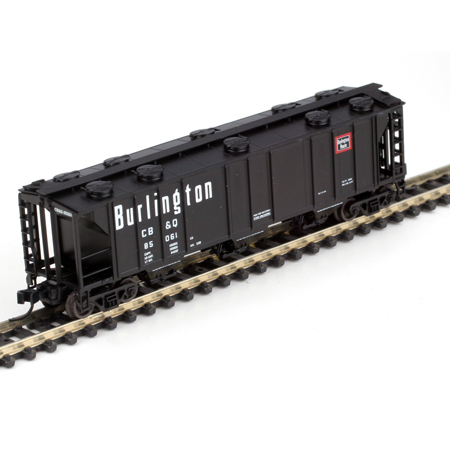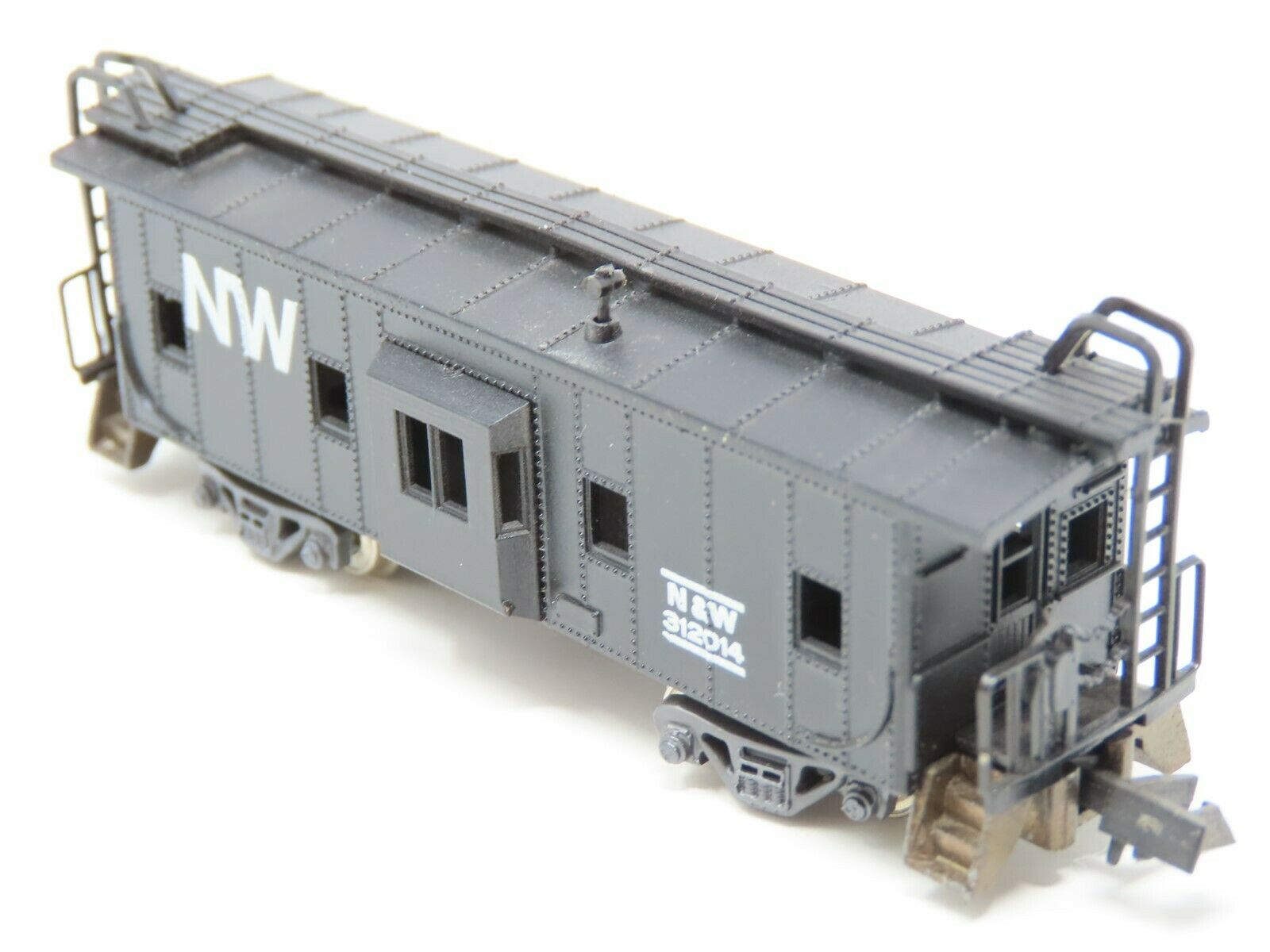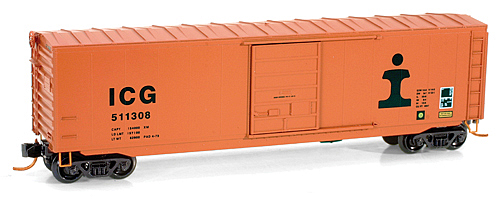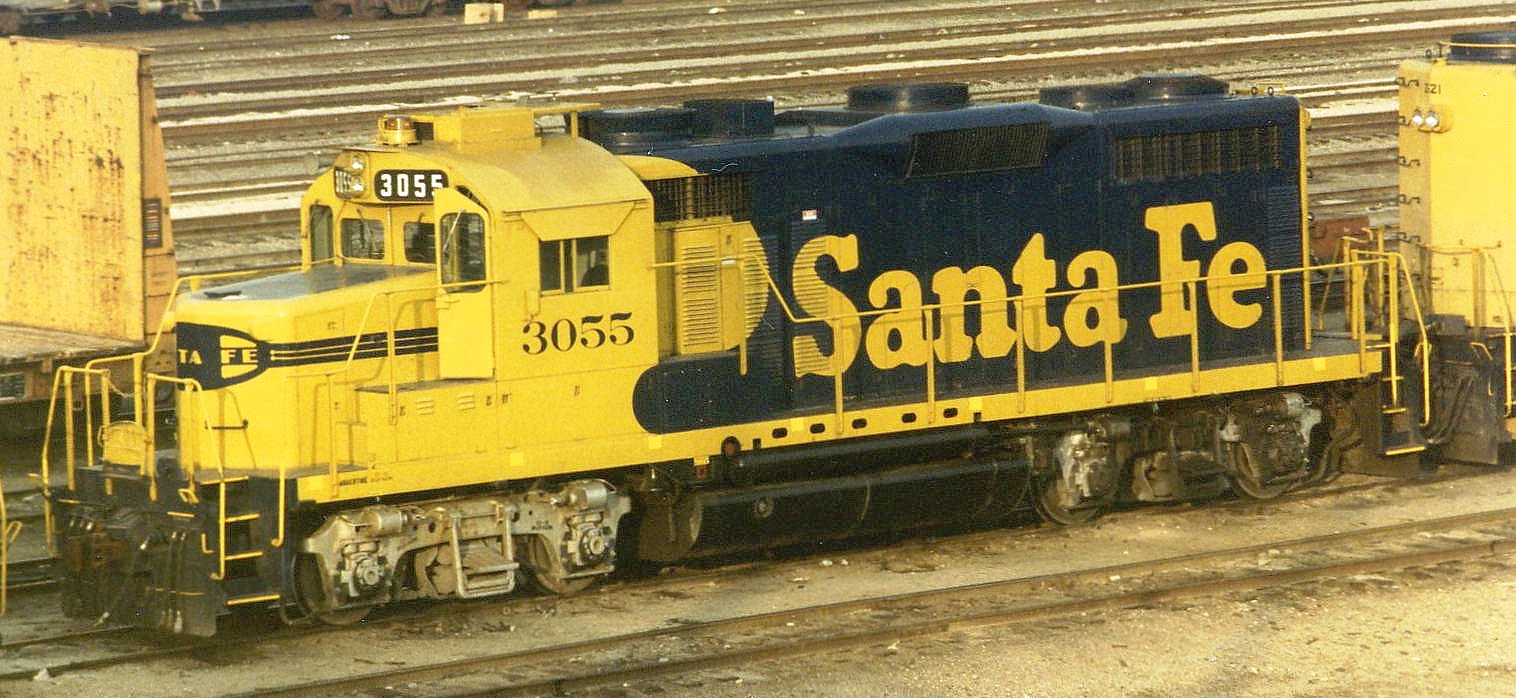Model Information: Released in 1998, 2004 (revised version with Accumate couplers), and 2011 (by Walthers, DCC-Ready version, with MTL couplers).
Re-run under Atlas brand in 2021 after Atlas purchased the tooling from Walthers.
The 2011 model features:
Re-run under Atlas brand in 2021 after Atlas purchased the tooling from Walthers.
The 2011 model features:
- DCC-Ready Mechanism w/Clip-Fit Circuit Board;
- All-Wheel Drive & All-Wheel Electrical Pickup;
- Dual Machined Brass Flywheels;
- Heavy Die Cast Split-Frame Chassis;
- Powerful Skew-Wound Motor;
- Constant Intensity & Directional Headlights;
- RP-25 Wheels Operate on Code 55 & Larger Rail.
DCC Information: The 2011 version is DCC ready. Accepts the following plug-in decoders (non-sound):
- Digitrax DN163L0A: 1 Amp N Scale Mobile Decoder for Walthers Proto GP20 and similar.
- TCS L1D4: BEMF decoder designed to fit Life-Like GP20 locomotive.
The Atlas version of 2021 comes either with a factory-installed DCC Sound decoder (ESU LokSound) or in DC version (with pre-installed speaker).
It accepts the following plug-in decoders:
- DCC silent: Digitrax DN166I3: 1.5 Amp Mobile Decoder that fits InterMountain N Scale SD40-2 released 2017
- DCC Sound: ESU LokSound Select Direct Micro ref.73199.
- Digitrax DN163L0A: 1 Amp N Scale Mobile Decoder for Walthers Proto GP20 and similar.
- TCS L1D4: BEMF decoder designed to fit Life-Like GP20 locomotive.
The Atlas version of 2021 comes either with a factory-installed DCC Sound decoder (ESU LokSound) or in DC version (with pre-installed speaker).
It accepts the following plug-in decoders:
- DCC silent: Digitrax DN166I3: 1.5 Amp Mobile Decoder that fits InterMountain N Scale SD40-2 released 2017
- DCC Sound: ESU LokSound Select Direct Micro ref.73199.
Prototype History: An EMD GP20 is a 4-axle (B-B) diesel-electric locomotive built by General Motors' Electro-Motive Division between November 1959 and April 1962. Power was provided by an EMD 567D2 16-cylinder turbocharged engine which generated 2,000 horsepower (1,500 kW). EMD was initially hesitant to turbocharge their 567-series diesel engine, but was spurred on to do so following successful tests made by Union Pacific in the form of UP's experimental Omaha GP20 units. 260 examples of EMD's production locomotive model (with the EMD turbocharger) were built for American railroads.
From Wikipedia
Read more on American-Rails.com
From Wikipedia
Read more on American-Rails.com
Road Name History: The Atchison, Topeka and Santa Fe Railway (reporting mark ATSF), often abbreviated as Santa Fe or AT&SF, was one of the larger railroads in the United States. Chartered in February 1859, the railroad reached the Kansas-Colorado border in 1873 and Pueblo, Colorado, in 1876. To create a demand for its services, the railroad set up real estate offices and sold farm land from the land grants that it was awarded by Congress. Despite the name, its main line never served Santa Fe, New Mexico, as the terrain was too difficult; the town ultimately was reached by a branch line from Lamy.
The Santa Fe was a pioneer in intermodal freight transport, an enterprise that (at one time or another) included a tugboat fleet and an airline (the short-lived Santa Fe Skyway). Its bus line extended passenger transportation to areas not accessible by rail, and ferryboats on the San Francisco Bay allowed travelers to complete their westward journeys to the Pacific Ocean. The ATSF was the subject of a popular song, Harry Warren & Johnny Mercer's "On the Atchison, Topeka and the Santa Fe", written for the film, The Harvey Girls (1946).
The railroad officially ceased operations on December 31, 1996, when it merged with the Burlington Northern Railroad to form the Burlington Northern & Santa Fe Railway.
Read more on Wikipedia.
The Santa Fe was a pioneer in intermodal freight transport, an enterprise that (at one time or another) included a tugboat fleet and an airline (the short-lived Santa Fe Skyway). Its bus line extended passenger transportation to areas not accessible by rail, and ferryboats on the San Francisco Bay allowed travelers to complete their westward journeys to the Pacific Ocean. The ATSF was the subject of a popular song, Harry Warren & Johnny Mercer's "On the Atchison, Topeka and the Santa Fe", written for the film, The Harvey Girls (1946).
The railroad officially ceased operations on December 31, 1996, when it merged with the Burlington Northern Railroad to form the Burlington Northern & Santa Fe Railway.
Read more on Wikipedia.
Brand/Importer Information:  Life-Like Products LLC (now Life-Like Toy and Hobby division of Wm. K. Walthers) was a manufacturer of model railroad products and was based in Baltimore, Maryland.
Life-Like Products LLC (now Life-Like Toy and Hobby division of Wm. K. Walthers) was a manufacturer of model railroad products and was based in Baltimore, Maryland.
It was founded in the 1950s by a company that pioneered extruded foam ice chests under the Lifoam trademark. Because ice chests are a summer seasonal item, the company needed a way to keep the factory operating year round. As model railroading was becoming popular in the post-war years, they saw this as an opportunity and so manufactured extruded foam tunnels for model trains. Over the years, Life-Like expanded into other scenery items, finally manufacturing rolling stock beginning in the late 1960s. At some point in the early 1970s, Life-Like purchased Varney Inc. and began to produce the former Varney line as its own.
The Canadian distributor for Life-Like products, Canadian Hobbycraft, saw a missing segment in market for Canadian model prototypes, and started producing a few Canadian models that were later, with a few modifications, offered in the US market with US roadnames.
In 2005, the company, now known as Lifoam Industries, LLC, decided to concentrate on their core products of extruded foam and sold their model railroad operations to Wm. K. Walthers.
In June 2018, Atlas and Walthers announced to have reached an agreement under which all Walthers N scale rolling stock tooling, including the former Life-Like tooling, will be purchased by Atlas.
Read more on Wikipedia and The Train Collectors Association.

It was founded in the 1950s by a company that pioneered extruded foam ice chests under the Lifoam trademark. Because ice chests are a summer seasonal item, the company needed a way to keep the factory operating year round. As model railroading was becoming popular in the post-war years, they saw this as an opportunity and so manufactured extruded foam tunnels for model trains. Over the years, Life-Like expanded into other scenery items, finally manufacturing rolling stock beginning in the late 1960s. At some point in the early 1970s, Life-Like purchased Varney Inc. and began to produce the former Varney line as its own.
The Canadian distributor for Life-Like products, Canadian Hobbycraft, saw a missing segment in market for Canadian model prototypes, and started producing a few Canadian models that were later, with a few modifications, offered in the US market with US roadnames.
In 2005, the company, now known as Lifoam Industries, LLC, decided to concentrate on their core products of extruded foam and sold their model railroad operations to Wm. K. Walthers.
In June 2018, Atlas and Walthers announced to have reached an agreement under which all Walthers N scale rolling stock tooling, including the former Life-Like tooling, will be purchased by Atlas.
Read more on Wikipedia and The Train Collectors Association.
Item created by: gdm on 2016-11-16 11:45:40. Last edited by Alain LM on 2021-06-28 04:24:00
If you see errors or missing data in this entry, please feel free to log in and edit it. Anyone with a Gmail account can log in instantly.
If you see errors or missing data in this entry, please feel free to log in and edit it. Anyone with a Gmail account can log in instantly.


